DMV
DMV
To mitigate these challenges, the DMV region focuses on the following objectives:
- Coordinate and harness the climate, economic, and equity ecosystems to ensure low-income residents, workers, and businesses benefit from shared resources and enhanced capacity.
- Strengthen the capacity of low-income workers and businesses to improve their competitiveness in the green economy.
- Build coalitions to advocate for inclusive economic and climate policies that expand economic opportunities and reduce climate impacts for frontline and disadvantaged communities.
- Invest in and build the capacity of local community-based organizations, communities, and cities to implement climate equity and economic inclusion solutions, ensuring that low-income communities reap the benefits.
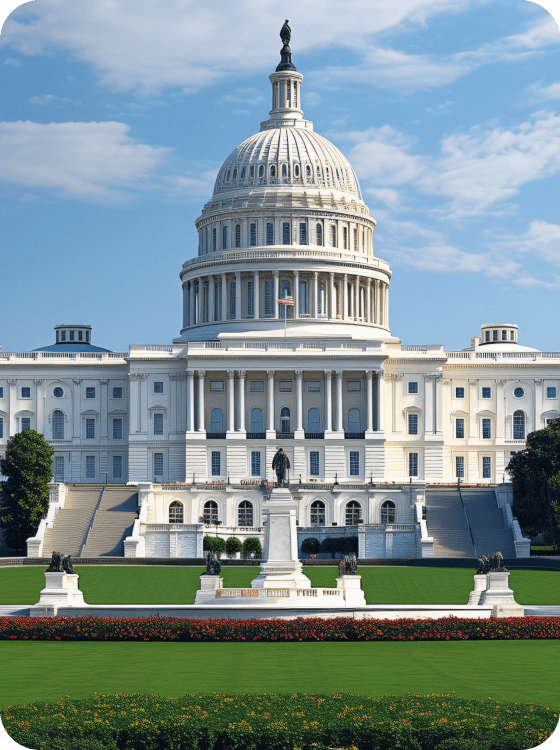
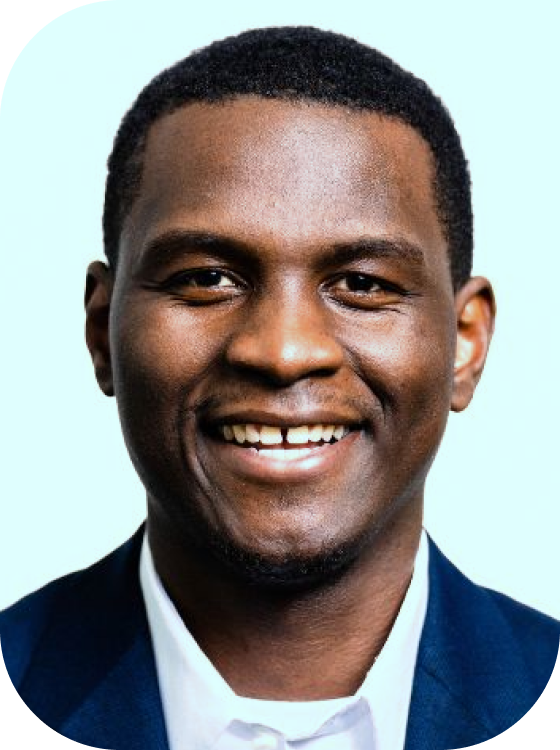
Tabaris Smith, PhD, Regional Director of the D.C., Maryland & Virginia Region (DMV)
Tabaris Smith is the DMV Regional Director with Emerald Cities Collaborative (ECC), bringing over 12 years of expertise across construction, climate action, grassroots organizing, economic and business development, and workforce training. He has successfully developed, implemented, and managed community-centered energy and economic development projects nationwide, with a strong focus on Southern California and the DMV area.
Since joining ECC in 2019, Dr. Smith has led key initiatives, including the DC Contractor Incubator and the Advisory Committee, while co-authoring the BEPS Economic Inclusion Study. His leadership extended to serving as interim Regional Director for Southern California, where he oversaw SoCalRen’s Workforce Education and Training programs, training over 600 youth and workers and nearly 700 businesses. Under his contribution, ECC’s SoCal Region secured over $17 million in new workforce, education, and training contracts, including with Los Angeles World Airports, ensuring BIPOC communities were integral to the process.
DMV Region Team Members:
Justyce Watson, Economic Inclusion Manager
Kay Pierson, Senior Advisor for Economic Mobility
Cely Argueta, Senior Advisor for Pipeline Matchmaking
TBD, Community Engagement and Policy Manager
Programs & Resources
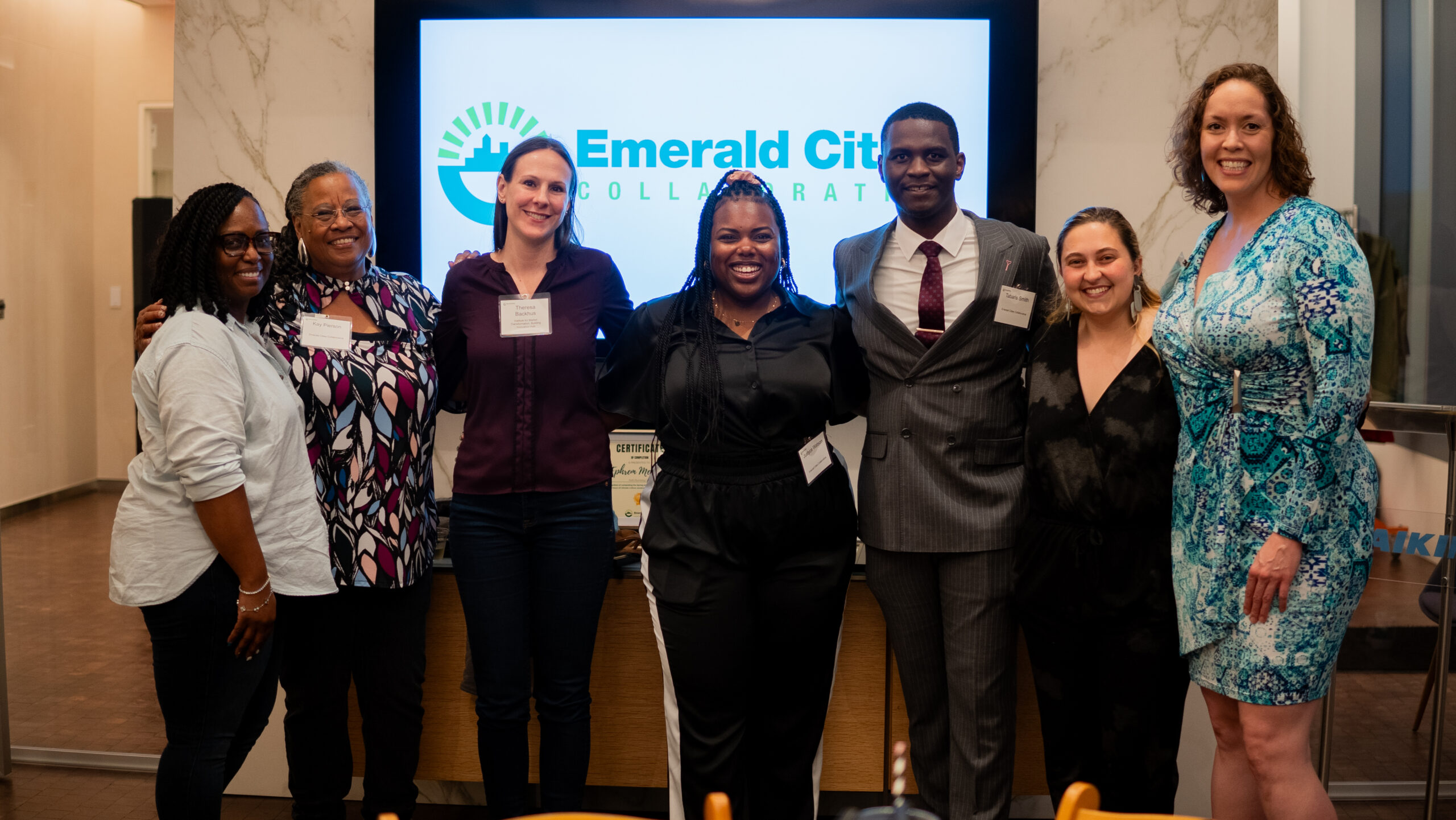
DC Contractor Incubator
The DC Contractor Incubator is a holistic training program designed to empower local small and disadvantaged firms in the District to effectively compete in the 21st-century construction industry. By focusing on the green building and clean energy sectors, the program strengthens participants’ knowledge, skills, and networks
…The Incubator includes coaching and strategic business support to ensure that small and minority firms are ready to lead DC’s growing market for building retrofits. This is especially important as building owners begin to invest in improvements and comply with the Building Energy Performance Standards.

Green Economy Roundup
The Green Economy Round-Up is a quarterly peer exchange space facilitated by Emerald Cities Collaborative for organizations in the greater Washington DC region that are building equity and inclusion in the green economy, with a focus on the building sector. This group meets virtually, with occasional in-person gatherings. The Roundup derived from the BIPOC…
…Contractor Advisory Committee that ran from 2022-2024. During this time, members helped co-design and launch the first incubator cohort focused on growing the participation and leadership of BIPOC small businesses in the implementation of the Building Energy Performance Standards in the District. To continue open dialogue and collaboration, the Roundup provides an opportunity for organizations doing aligned work to share lessons learned and explore new areas of partnership.
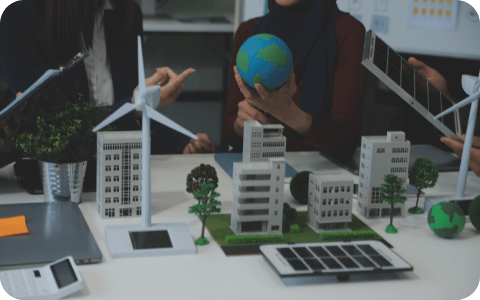
Energy Communities Capacity Building Program
DC Place-based The Energy Communities Capacity Building (ECCB) program seeks to increase frontline community capacity and understanding around the concepts of Energy Democracy by facilitating a network of organizations in the DC region who would complete the Energy Democracy (ED)
…Scorecard through a train-the-trainer model of facilitation. The ECCB DC program includes grant-making, 6 in-person workshops, and bi-mScorecard through a train-the-trainer model of facilitation. The ECCB DC program includes grant-making, 6 in-person workshops, and bi-monthly 1:1 technical assistance. onthly 1:1 technical assistance.
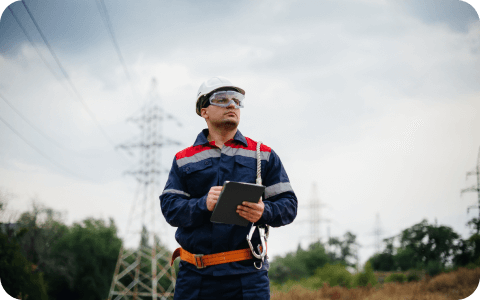
Supporting Equitable Building Performance (SEBP )
ECC DMV is working with partners to increase community ownership of building decarbonization policies and programs in DC. Through the SEBP project, ECC provides planning, facilitation, and technical assistance support to ensure that building decarbonization efforts meet community priorities, increase affordability, and
… expand equitable access to green jobs and careers. Our local SEBP team includes Washington Interfaith Network, the DC Department of Energy and Environment, and the Institute for Market Transformation. DC is one of nine locations participating in SEBP, with funding from the Department of Energy’s Resilient and Efficient Codes Implementation initiative. Learn more here.
Green Economy Collaborative
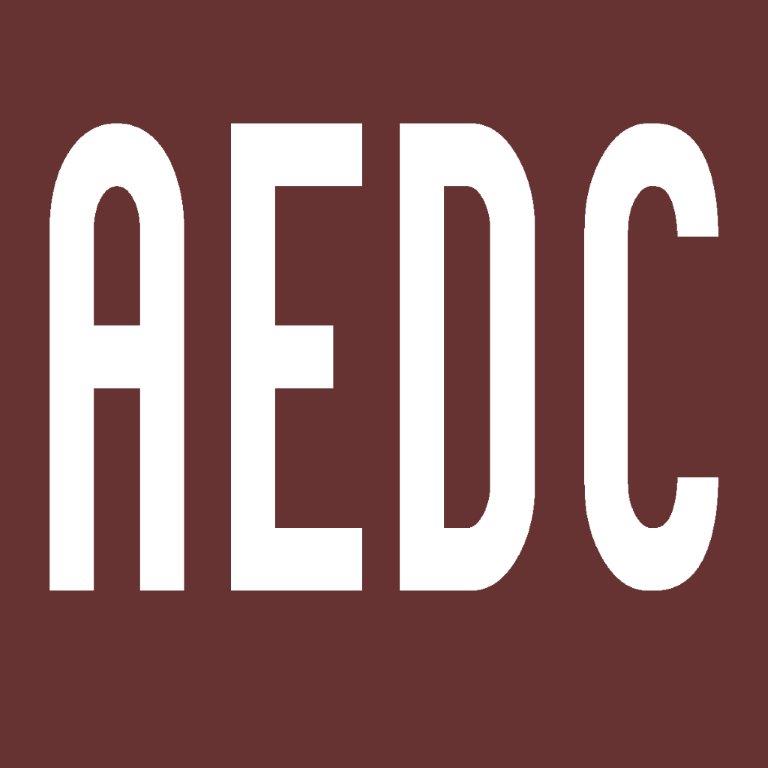
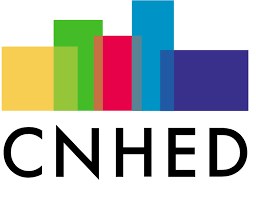


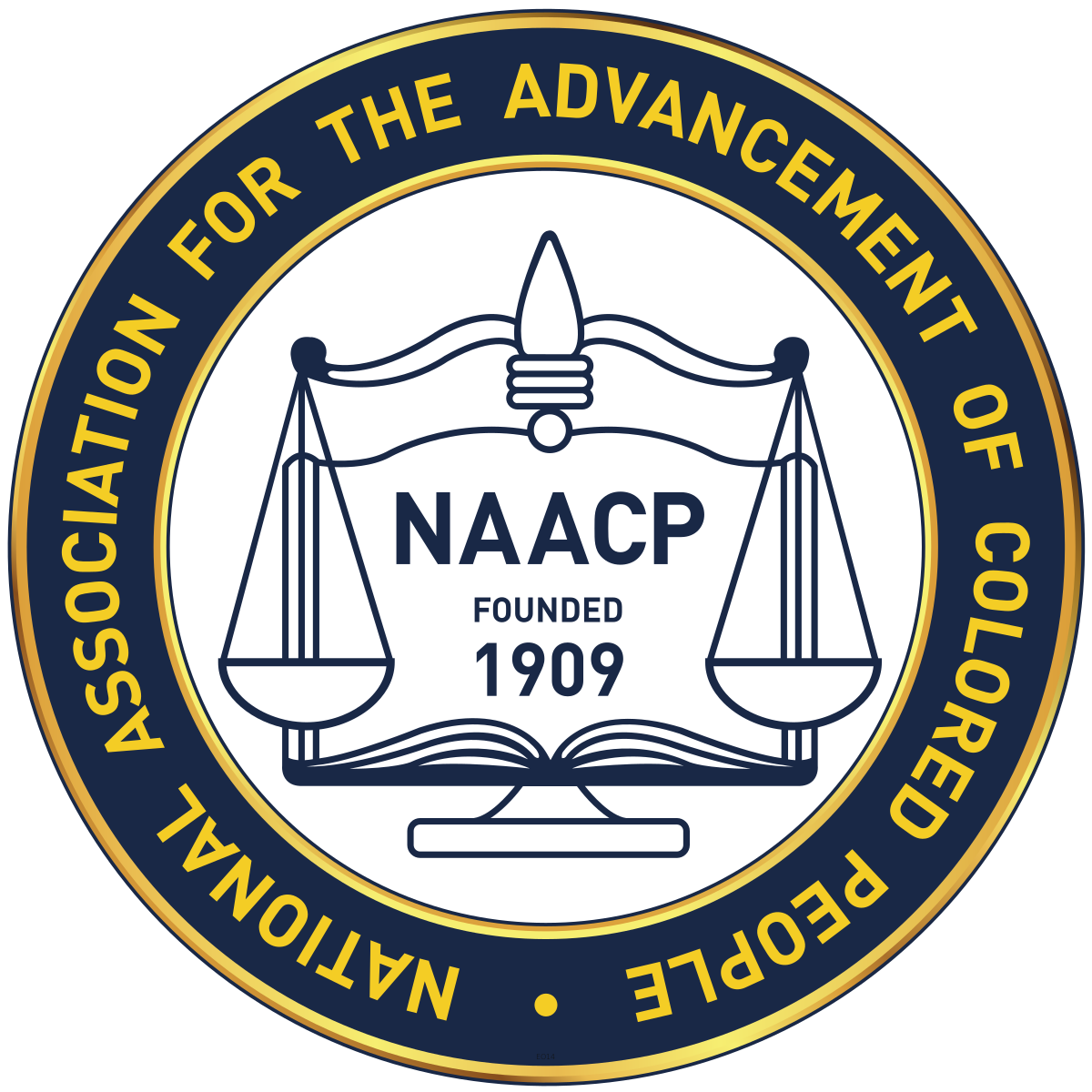
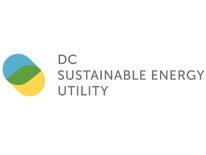
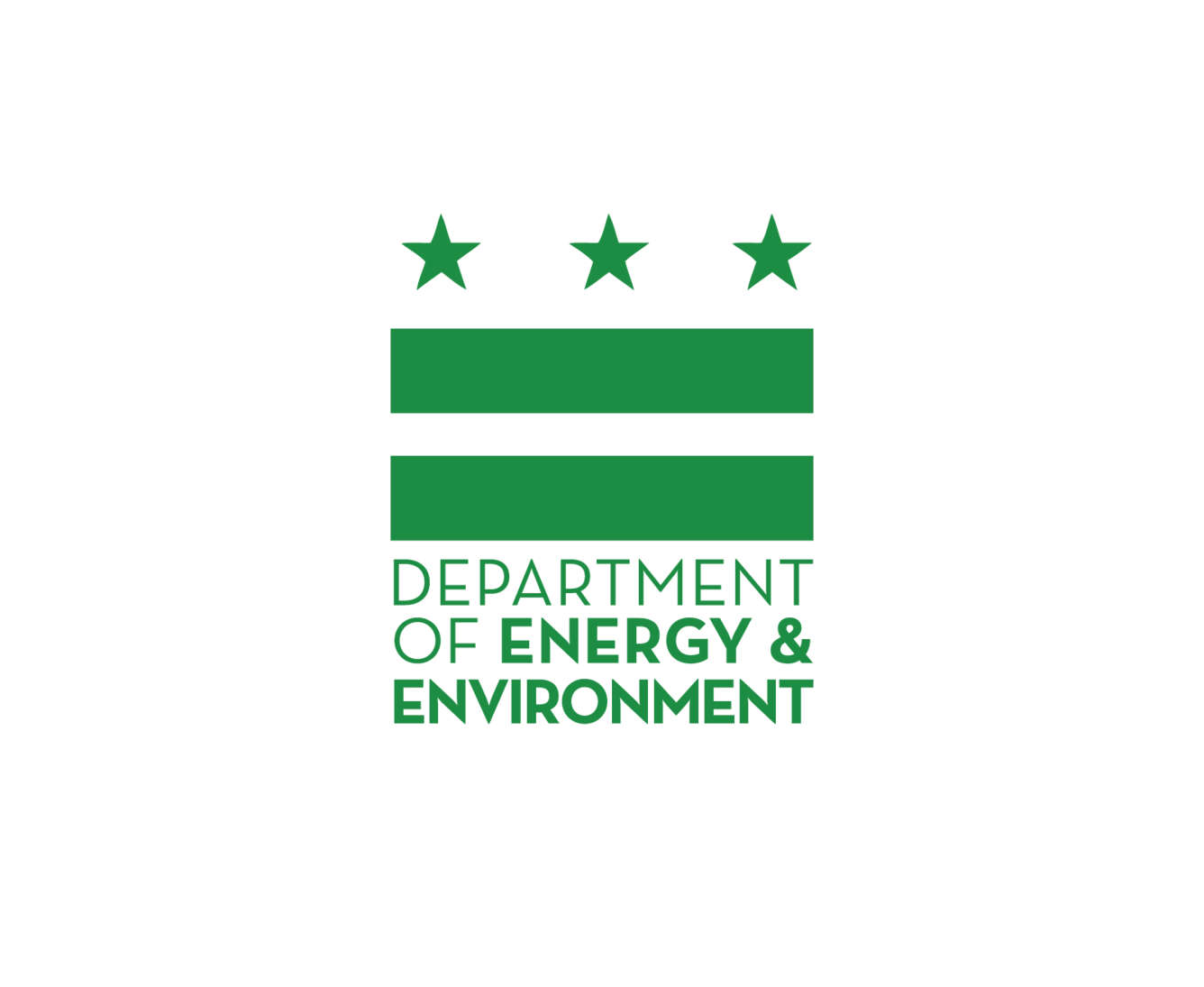
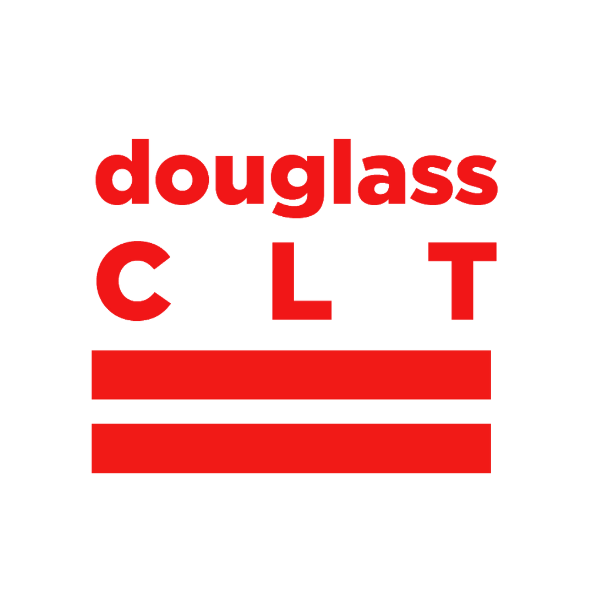
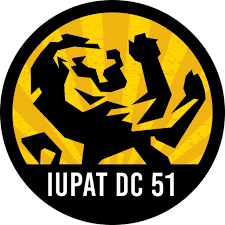
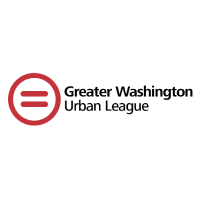
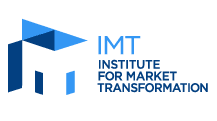
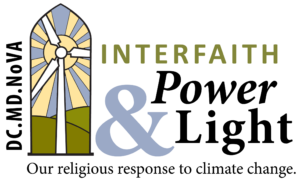
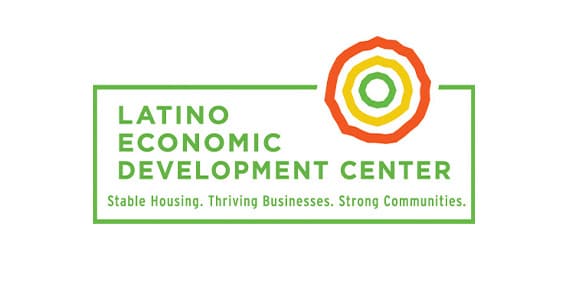
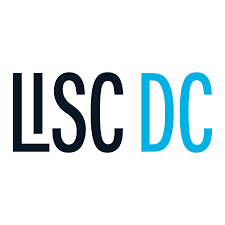
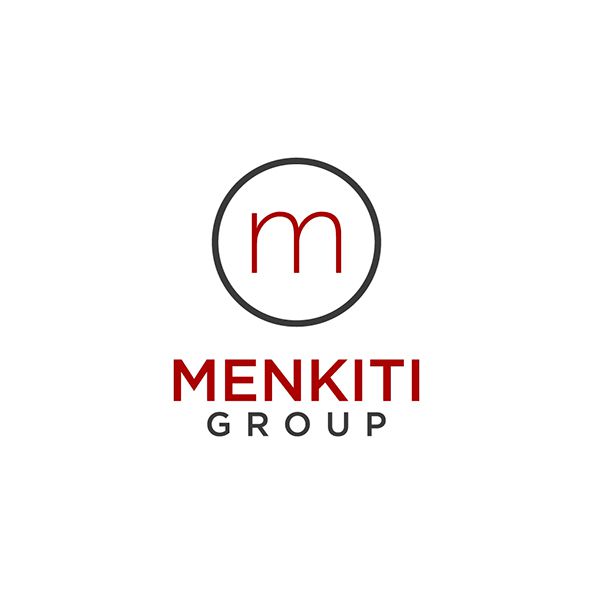
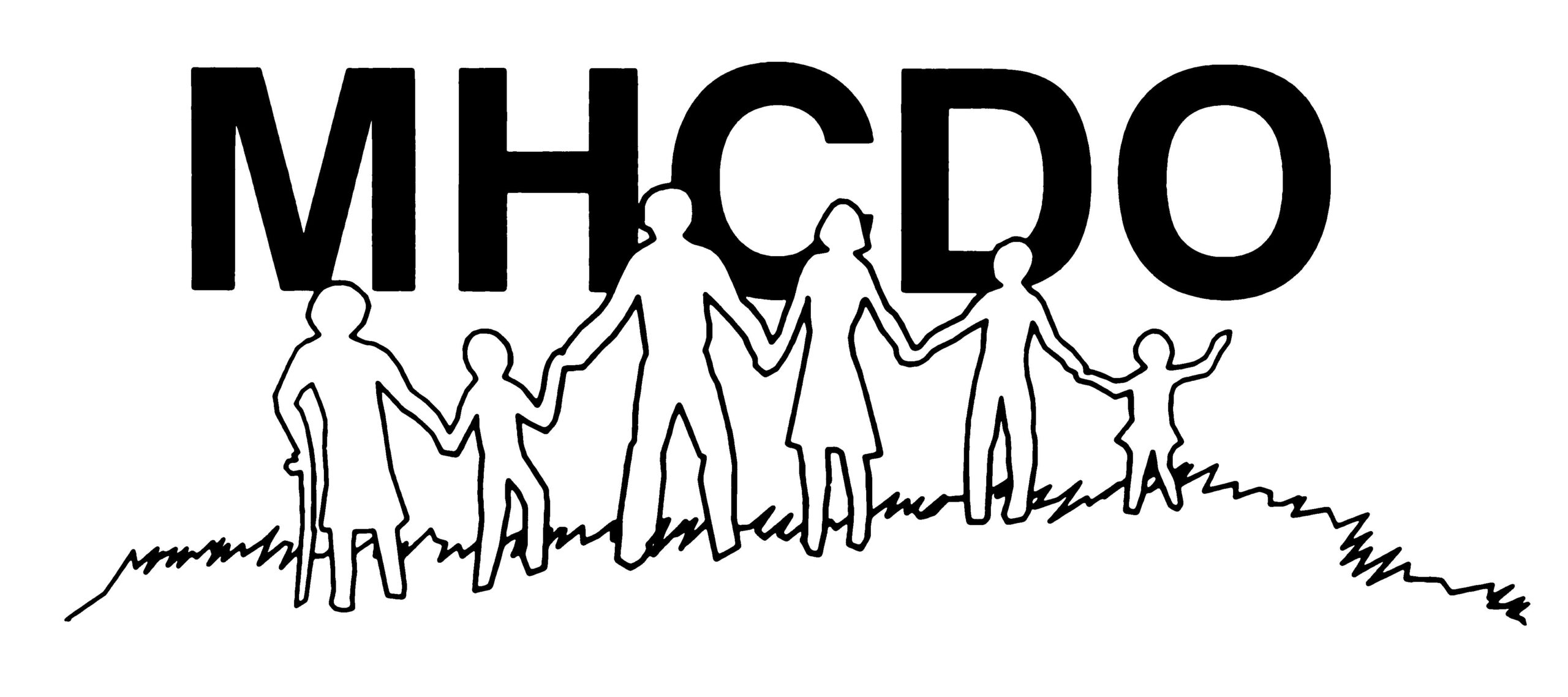
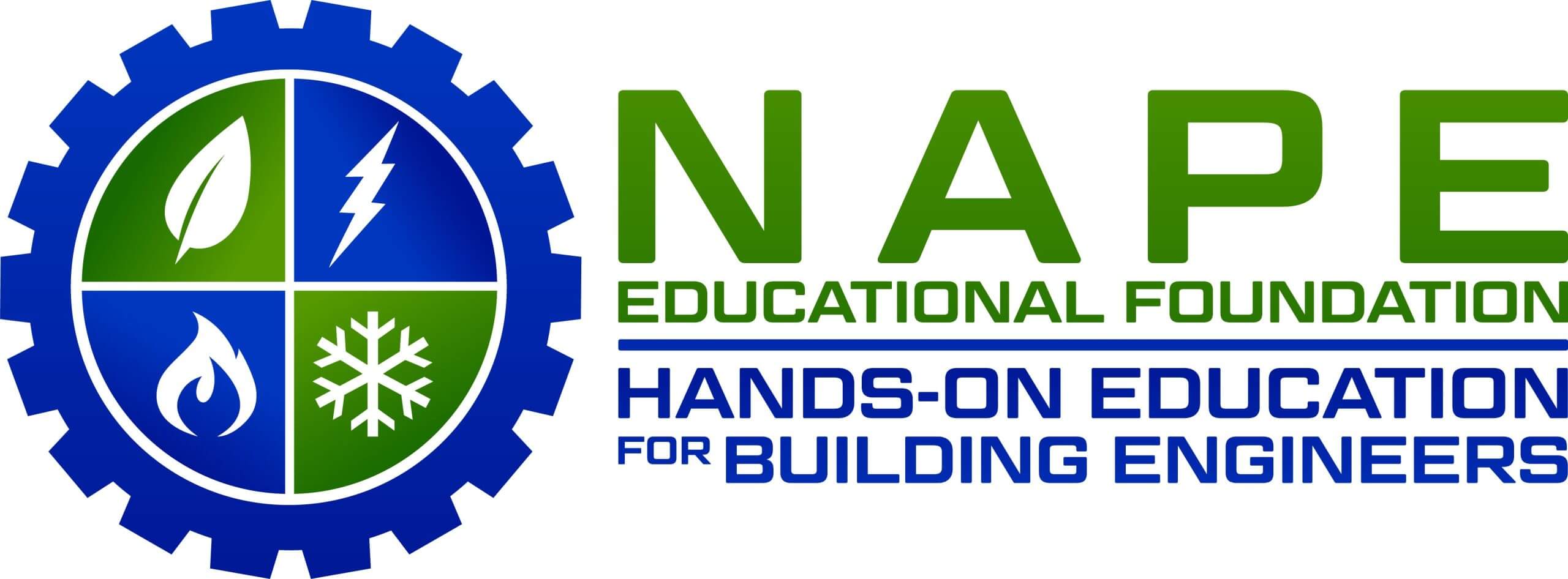
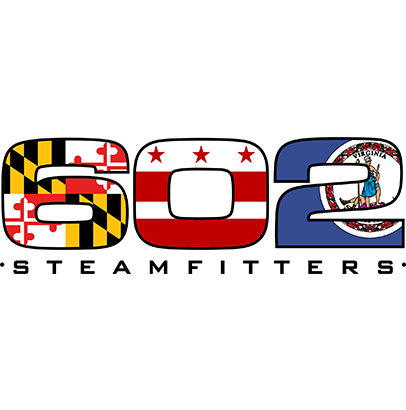

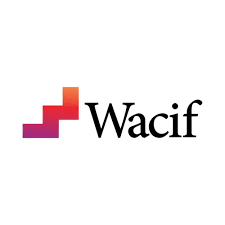
Past Programs & Resources
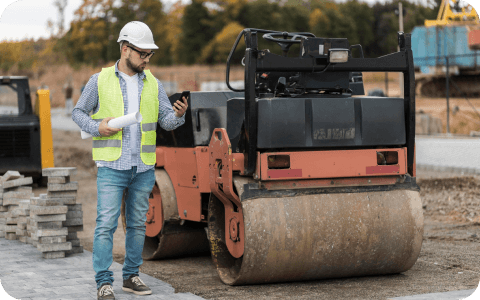
In partnership with the Institute for Market Transformation’s Building Innovation Hub, the DMV Region developed a High Road Contracting Toolkit to assist building owners in engaging and selecting qualified BIPOC contractors to complete energy efficiency projects The toolkit is a Sample RFQ that includes inclusive language…
…, and an ecosystem map of BIPOC contractor administration services, associations, and organizations.

Equity Advisors Serving as equity advisors to the American Cities Climate Challenge in collaboration with the DC Department of Energy and Environment, the DMV Region completed a BEPS Economic Inclusion Study Conducting over 60 interviews with CBOs, city agencies, and minority contractors…
…the study presented recommendations and equitable solutions for workforce and contractor development amongst BIPOC communities in the district. Results led to the creation of the DC Contractor Incubator.
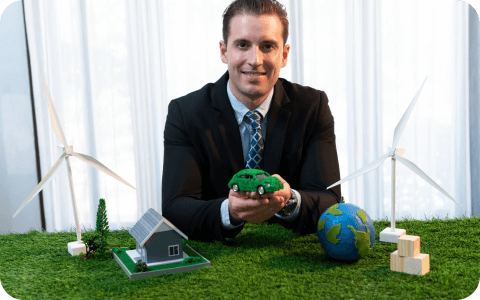
Published in June 2021, the Montgomery County Climate Action Plan aims to cut greenhouse gas emissions by 80% by 2027 and 100% by 2035 while building resilience to climate hazards.
…The plan outlines 87 actions and addresses racial and economic inequities, particularly among Black and Latino communities. With $8.432 billion in public investments planned for infrastructure, transportation, and climate improvements, the plan emphasizes the need to address systemic barriers to ensure equitable economic opportunities. The Framework for an Equitable Climate-Ready Economy supports this goal by focusing on workforce development, business development, and anchor strategies in the food sector. It promotes policies that ensure fair wages, safe working conditions, diversity, and environmental responsibility. Emerald Cities Collaborative, Inclusive Economics, and Healthcare Without Harm worked with the Department of Environmental Protection to develop the framework through analyses, stakeholder engagement, and actionable recommendations.

